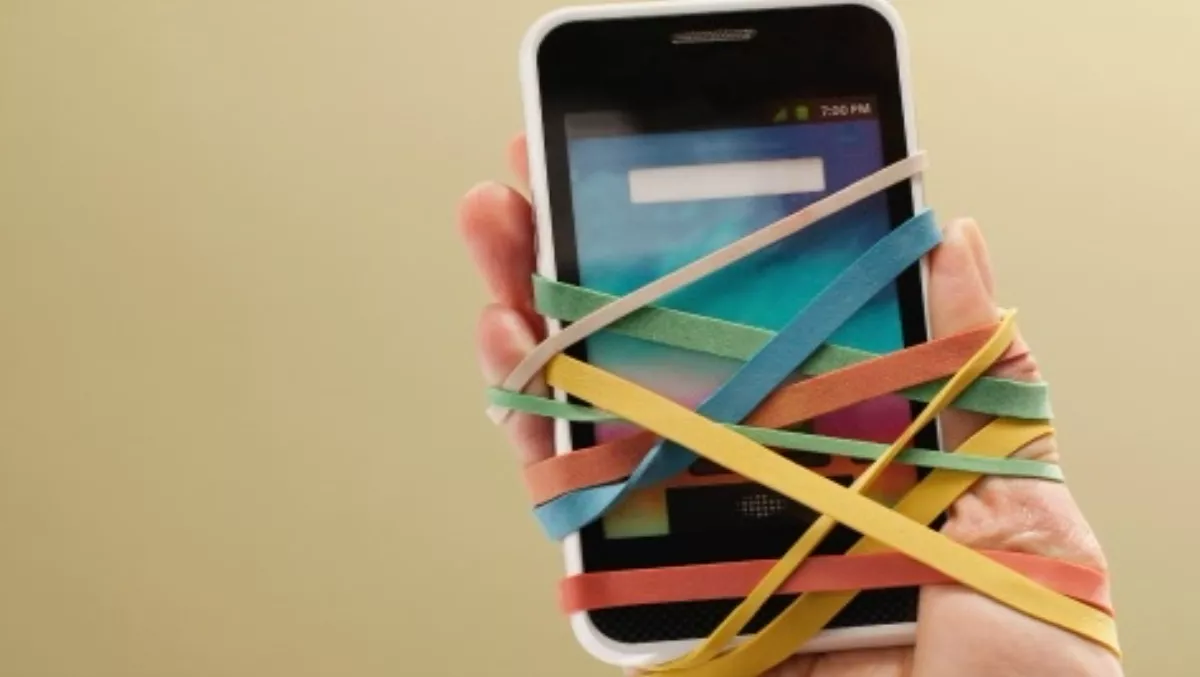
Smartphone addiction a big risk
Smartphones have become a staple in the lives of many – they used for personal use, business use and as an educational resource.
However, the risk of 'smartphone addiction' is becoming an increasingly big problem around the world, according to TopCounselingSchools.org, an organisation that helps students and counselling professionals.
Both professionals and students can suffer from smartphone addiction. TCS says Nomophobia – an abbreviation for 'no-mobile-phone-phobia', is a real fear people suffer from at the thought of being without their mobile device.
The number of smartphone users is expected to reach 2 billion globally by 2016. One in two professional workers check their phones continuously during vacation, and nearly three quarters (72%) of adults say they're within five feet of their smartphone most of the time.
According to TCS research, 73% of smartphone users feel panicked when their phones are misplaced.
With Bring Your Own Device policies making their way into business offices and onto school stationery lists, smartphone addiction is potentially worldwide problem.
Just like in business, the versatility and internet capabilities of smartphones have lead many educators to praise the upsides of smartphones in the classroom.
However, while the smartphone provides many benefits to teachers and can aid in learning, will the normalisation of this technology in schools and in businesses increase the possibilities of a user experiencing smartphone addiction?
According to some experts, emphasising good digital citizenship in classrooms can go a long way to helping students manage their time spent on smartphones. As for adults, TCS says it is important to acknowledge when smartphone addiction might be making an appearance, and smartphone users should think of some ways to break the cycle.
This can include unplugging from technology for half an hour a day, turn off the ringer on the smartphone, have a smartphone fast, or even consider professional treatment with a counsellor or at a technology-addiction facility.


